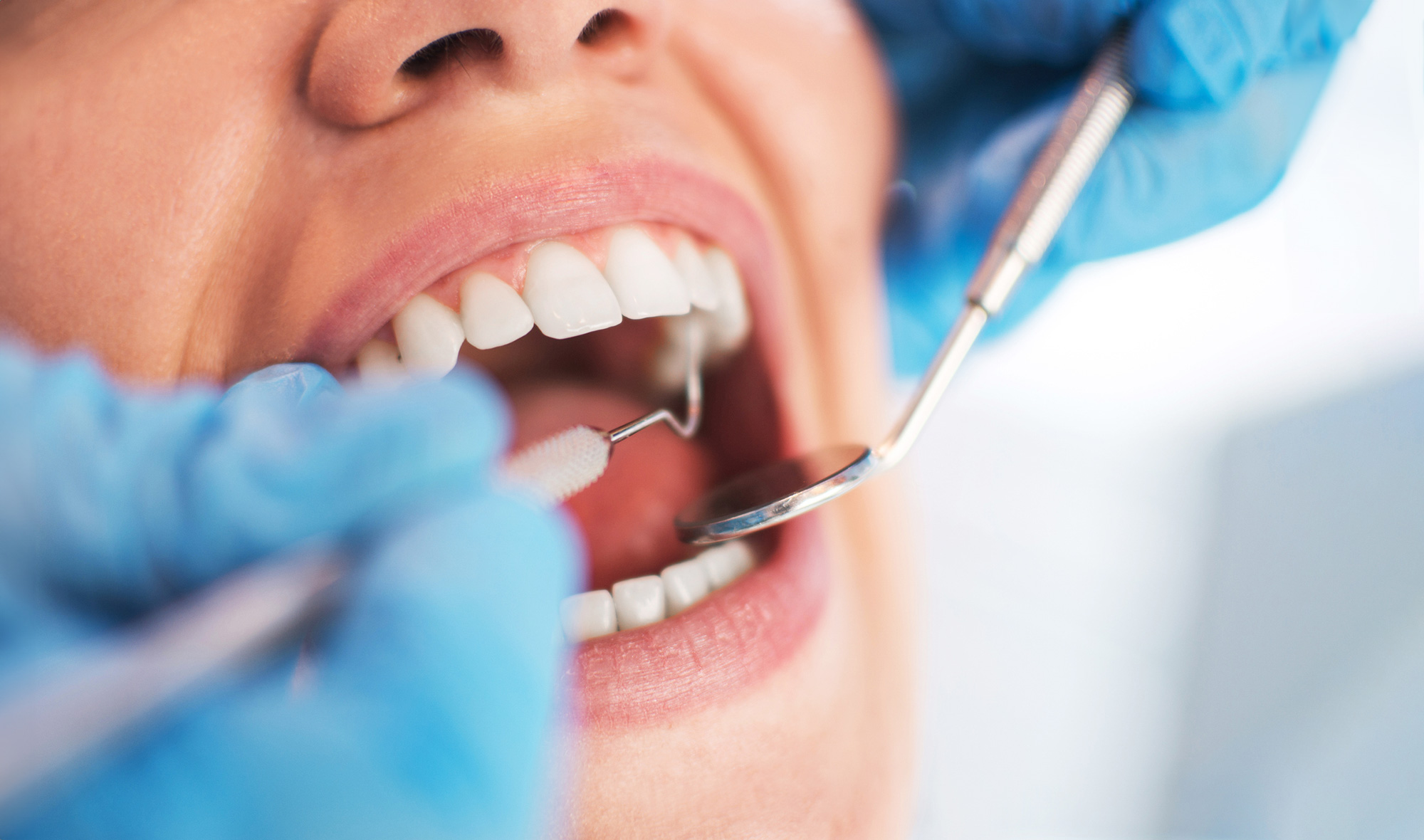The connection between good oral health and the health of the rest of our body is fascinating. For so long, the medical community has looked at parts of the body in isolation, treating symptoms that appear in one area only, without digging deeper to see what is going on in the rest of the body. This is slowly changing, with more understanding of the interconnectedness of our body systems and that wholistic treatment is essential. Oral health is a great example of demonstrating how if we neglect one area of our body, this can negatively affect other areas of our body – some that are very far from our mouth!
What does poor oral health look like?
Poor oral health is not just about needing a filling, having a toothache, plaque or tartar – it can make other health conditions worse and increase the risk of heart disease, stroke, heart attack, respiratory conditions and pre-term birth. Periodontal (gum) disease is when the gums get inflamed and infected leading to damage to the bone that supports our teeth. The missing teeth and oral infections that come with gum disease not only affect speaking, eating and socialising but they contribute to bacteria entering the blood stream and getting to other parts of the body.
A closer look at what can happen to the rest of the body when oral health is neglected…
- Pre-term birth: There is evidence that oral infections may contribute to low birth weight and pre-term birth. Hormone changes that come with pregnancy can cause the mouth to be more susceptible to plaque, tartar and infections. Oral infections can release toxins that affect the baby and labour-inducing signals happen earlier.
- Heart disease: Oral infections increase inflammation and the number of bacteria in the body. If these bacteria travel through the veins and arteries, the inflammation they cause can lead to blocked arteries and blood clots, making it harder for blood to move around the body. The connection between oral bacteria and blood clots is why gum disease is linked to strokes. Any bacteria that reach the heart can cause endocarditis which is inflammation and infection of the lining of the heart.
- Respiratory conditions: When there are higher numbers of bacteria in the mouth there is an increased chance of breathing in bacteria in the fine droplets of your breath, down into the lungs where the bacteria shouldn’t be. This increases the risk of chest infections like bronchitis and pneumonia, and contributes to worsening of existing conditions like emphysema. Having an inflamed mouth can increase inflammation of the lungs, making it harder for the body to fight chest infections.
- Diabetes: Diabetes makes the body more susceptible to bacterial infections. Severe periodontal disease can increase blood sugar levels and make it harder to control. High blood sugar inhibits saliva production leading to dry mouth. The dry mouth from decreased saliva causes bad breath, plaque, tartar and bacteria build-up.
- Alzheimer’s Disease: There is growing evidence to show there is a connection between oral health and Alzheimer’s Disease. Studies in mice show that the mice exposed to periodontal bacteria develop neurodegeneration and inflammation of the brain similar to Alzheimer’s in humans.
- Mental health: Oral health and poor mental health are connected. Oral health issues can impact confidence, social life and eating. Poor oral health can be due to not keeping up with a good oral hygiene routine because of depression or mental illness, dental visits can cause intense anxiety in some people, eating disorders can impact teeth and some mental health medications can cause negative oral effects like dry mouth.
What does a good oral health routine look like?
- brush your teeth at least two to three times daily using a fluoride toothpaste. Spit rather than rinsing teeth with water, so that the toothpaste stays in contact with the teeth longer
- clean between teeth with floss or interdental brushes daily
- limit sugary foods and drinks
- make regular visits to the dentist or hygienist for exams and cleaning.
“A Happy Mouth is a Happy Body” – having good oral health can keep the mind and body healthy, and protect against the spread of infection around the body. Get an oral check if you notice sore or bleeding gums, or loose teeth.
















Community